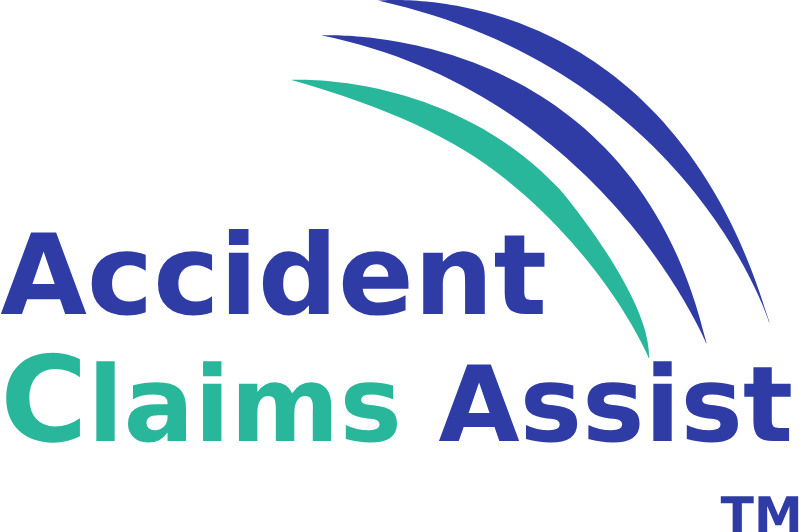Claims Processing and Filing
Quick and Reliable Services


Claims Processing & Filing
When an unpredicted incident occurs, such as a road traffic accident, medical emergency, natural disaster, or property damage, the safety network of insurance steps in to provide financial aid. However, before any compensation is announced, a formal claim process must take place: claims processing and filing. This fundamental function forms the support of the insurance business, ensuring that policyholders receive reasonable and timely settlement and that insurance companies maintain integrity and productivity in procedures.
We will move through the basic steps of claims processing and filing, the common questions involved, and how to confirm a smoother experience for both insurance companies and policyholders.

Contact Us.
What Is an Insurance Claim?
Claims Processing Steps
Claims processing refers to the steps an insurance company follows to review, investigate, accept or reject, and settle a claim. This process is necessary for:
- Promising the policyholders receive the compensation they are eligible to
- Preventing fraudulent claims
- Maintaining transparency and compliance with regulations
- Managing financial risk and investments for insurance companies
- 24/7 Road Assistance
- We will assist you for vehicle repairs compensation from the faulty party.
- Vehicle recovery cost will be charged to the faulty party.
- Our claims specialist will help you for your personal injury compensation.
- We will help you to get maximum compensation.


The Claims Filing Process: Step-by-Step
Accident Happens: The process initiates with a covered incident such as an accident, illness, theft, or property damage. The policyholder must inform the insurance company as soon as possible and document the details of the incident.
Claim Submission: Next, the policyholder insurers submit a claim. This mostly involves completing a claims form and providing supporting documentation and photographs, such as:
- Police reports
- Medical records
- Vehicle repair estimates
- Photographs of damage and injuries
- Receipts of vehicle ownership
- Witness statement
Claims can usually be submitted online, by phone, through mobile apps, or via a claims representative.
Claim Acknowledgment: Once the insurance provider receives the claim, they acknowledge it and assign a claims handler to handle the claim. The claim adjuster is responsible for reviewing documentation, conducting interviews or vehicle inspections, and assessing the extent of loss or assessing liability.
Assessment and Investigation: The claims adjuster or claims team investigates the claim to verify the following:
- Policyholder eligibility
- Legality of the claim
- Cause and extent of the loss and damages
- Any potential third-party liability
If necessary, the insurance provider may request additional documents for further evaluation.
Claim Conclusion: After the claim investigation, the insurance company decides whether to:
- Admit the claim
- Reject the claim
- Request further evidence and circumstances
- Compensation
If the claim is approved, the insurance company pays the agreed settlement offer either to the policyholder or to a third-party provider. In cases of claim denial, the policyholder has the right to appeal or contact a solicitor.
Types of Insurance Claims
Health Insurance: Involves medical billing codes, source networks, and medical requirement reviews. Claims can be submitted by insurance providers or the policyholders.
Car Insurance: Car insurance covers vehicle damages, personal injury, or liability. It may require police reports, photographs, and vehicle repair estimates.
Home Insurance: This insurance covers damages from fire, water, storms, or theft. Requires proof of loss, inspections, and valuation.
Life Insurance: Claim filed by heirs after the policyholder’s death. Documents required are the submission of the policyholder’s death certificate and other personal documents.
Common Causes for Claim Denial
Not all insurance claims are approved. Claim rejections usually occur due to:
- Coverage eliminations
- Expired insurance policies
- Incomplete documentation
- No supporting evidence
- Neglected limits for claim submission
- Fraud or misrepresentation of claim
Understanding your policy’s terms and filing a complete, timely claim helps avoid unnecessary delays or denials.
Tips for Efficient Claims Processing
- Review and Understand Your Insurance Policy
Know what is covered, what’s not included, and the limits of your insurance coverage. Familiarity can prevent misunderstandings when a claim is submitted.
- Report Accidents Swiftly
Notify your insurance provider as soon as damage occurs. Delays can raise allegations or result in delayed claim-filing deadlines.
- Document and Record Evidence
Collect as much evidence as possible, like photographs, videos, invoices, witness statements, and keep a record of all correspondence with the insurance company.
- Be Honest and Accurate
Avoid exaggeration or overstatement. Incorrect information may result in claim rejection or even legal penalties.
- Online Tools
Most insurance providers offer digital claims submission and pursuing. These online websites make the claim process faster and more transparent.
Efficient and reliable accident recovery services to transport your vehicle safely and promptly.
Secure and convenient storage solutions for your vehicle while you manage your claim.
Thorough vehicle inspections to assess damage and facilitate accurate repair estimates.
Access to high-quality rental vehicles to keep you mobile while your own vehicle is repaired.
Expert repair services to restore your vehicle to its pre-accident condition.
Our Commitment to You
Review and Understand Your Insurance Policy
Know what is covered, what’s not included, and the limits of your insurance coverage. Familiarity can prevent misunderstandings when a claim is submitted.
Report Accidents Swiftly
Notify your insurance provider as soon as damage occurs. Delays can raise allegations or result in delayed claim-filing deadlines.
Document and Record Evidence
Collect as much evidence as possible, like photographs, videos, invoices, witness statements, and keep a record of all correspondence with the insurance company.
Be Honest and Accurate
Avoid exaggeration or overstatement. Incorrect information may result in claim rejection or even legal penalties.
Online Tools
Most insurance providers offer digital claims submission and pursuing. These online websites make the claim process faster and more transparent.
Conclusion
Claims processing and filing are essential to the trust and efficiency of the insurance company. While the process may differ slightly across different types of insurance companies, the main principles remain the same like transparency, accuracy, and timely accomplishment.
For policyholders, accepting how claims work means fewer preventions and faster payments. For insurance providers, improving claims road maps ensures claimants’ satisfaction and operational flexibility.
In a world of growing risks and increasing probabilities, a well-organized claims process is not just a back-office function, it is a defining aspect of great service.

Why Delay? Call Us Today for Fast, Reliable Service!

How much does it cost to repair a vehicle?
The repair cost depends on the vehicle damages; vehicle Make & Model, and age of the vehicle and its condition.
Do I have to pay for my vehicle repairs?
You do not have to pay anything if the vehicle accident is not your fault. The repair cost will be recovered from the at-fault party's insurance company.
How to get an estimate for vehicle repairs?
We can contact our local garage or the online repairs calculator. We need to provide the following details:
- Enter your vehicle registration and area postcode
- Mention the details of the repair services
- Check if the vehicle is driveable
- Request for a repair estimate
- Book your vehicle repairs with our approved garages
Contact Us Today
Get immediate and reliable support for all your accident management requirements in the UK—our team is here for you! Connect with us today to begin your claim


